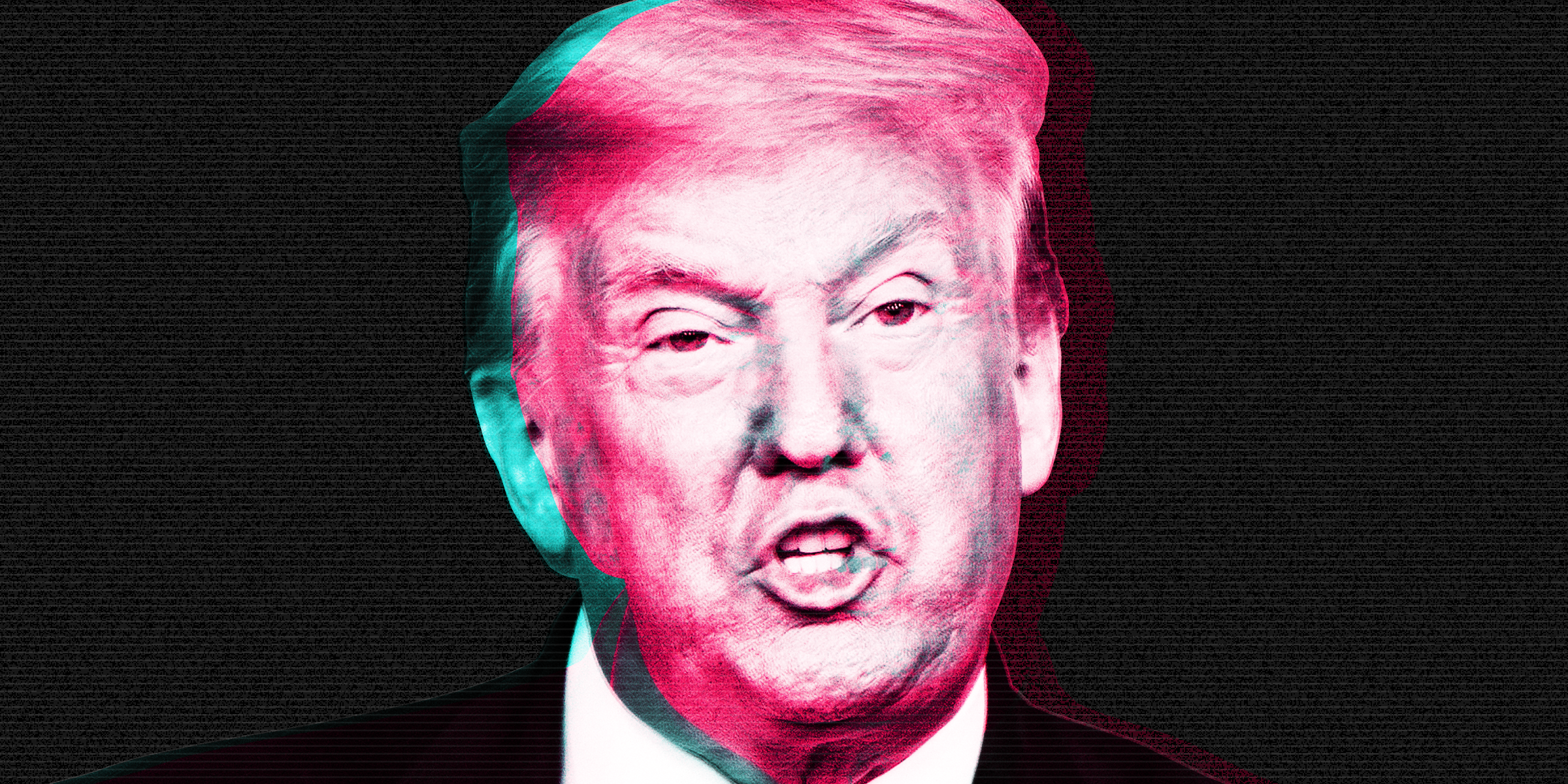- Trump issued a new executive order Friday seeking to force ByteDance to sell popular viral video app TikTok.
- Trump’s order aims to retroactively invalidate ByteDance’s purchase of Musical.ly, the app that eventually became TikTok, citing national security concerns.
- Trump’s legal authority to invalidate the deal rests on an investigation by the CFIUS, a division of the US Treasury responsible for reviewing foreign deals that could pose security risks.
- Treasury Secretary Steve Mnuchin said in a statement on Friday that the agency had completed an “exhaustive review” and “unanimously recommended” that Trump unwind the deal, according to Bloomberg reporter Saleha Mohin.
- The move comes on the heels of an executive order Trump issued last week that also targeted TikTok by banning American companies from doing business with its Chinese parent company ByteDance.
- Visit Business Insider’s homepage for more stories.
President Donald Trump issued an executive order Friday again targeting viral video app TikTok and its Chinese owner ByteDance.
The order seeks to unwind ByteDance’s acquisition of Musical.ly, a lip-sync video app that the company purchased in 2017 and eventually merged with TikTok, claiming it raised national security concerns.
The order states that ByteDance’s purchase of Musical.ly “is hereby prohibited, and ownership by ByteDance of any interest in Musical.ly in the United States, whether effected directly or indirectly through ByteDance, or through ByteDance’s subsidiaries, affiliates, or Chinese shareholders, is also prohibited.”
It gives ByteDance 90 days to sell off any assets that enable it to operate TikTok within the US as well as any data it obtained from US-based TikTok or Musical.ly users.
"As we've said previously, TikTok is loved by 100 million Americans because it is a home for entertainment, self-expression, and connection," a TikTok spokesperson told Business Insider. "We're committed to continuing to bring joy to families and meaningful careers to those who create on our platform for many years to come."
Any deal terms would be subject to approval from the Committee on Foreign Investment in the United States, a division of the US Treasury Department responsible for overseeing transactions between American and foreign companies that could pose national security risks.
A 1988 law allows Trump to block foreign deals like ByteDance's acquisition of Musical.ly, but only after CFIUS conducts its own security review.
CFIUS has been probing the Musical.ly deal since late 2019, and Treasury Secretary Steve Mnuchin said in a statement Friday that "CFIUS conducted an exhaustive review of the case and unanimously recommended this action to the President in order to protect US users from exploitation of their personal data."
Mnuchin's statement:
“CFIUS conducted an exhaustive review of the case and unanimously recommended this action to the President in order to protect U.S. users from exploitation of their personal data.” https://t.co/qxQ89BODln pic.twitter.com/EmstIg3n55
— Saleha Mohsin (@SalehaMohsin) August 15, 2020
However, forcing ByteDance to divest its US-based TikTok assets is still not the same as a nationwide ban on TikTok, a move legal experts said would be legally dubious.
Last week, Trump took another swipe at TikTok, issuing an executive order that makes it illegal for American companies to do business with TikTok, effectively giving ByteDance 45 days to sell the app.
Already, last week's order is generating legal challenges.
US-based TikTok employees said they plan to sue the Trump administration, arguing the order will make it illegal for their employer to pay them, and TikTok plans to file a separate lawsuit of its own.
Trump has frequently attacked TikTok over the past few months, alleging the Chinese government could pressure it to spy on Americans by accessing their data, censor content Beijing finds politically objectionable, or sway US elections by quietly manipulating its algorithms.

